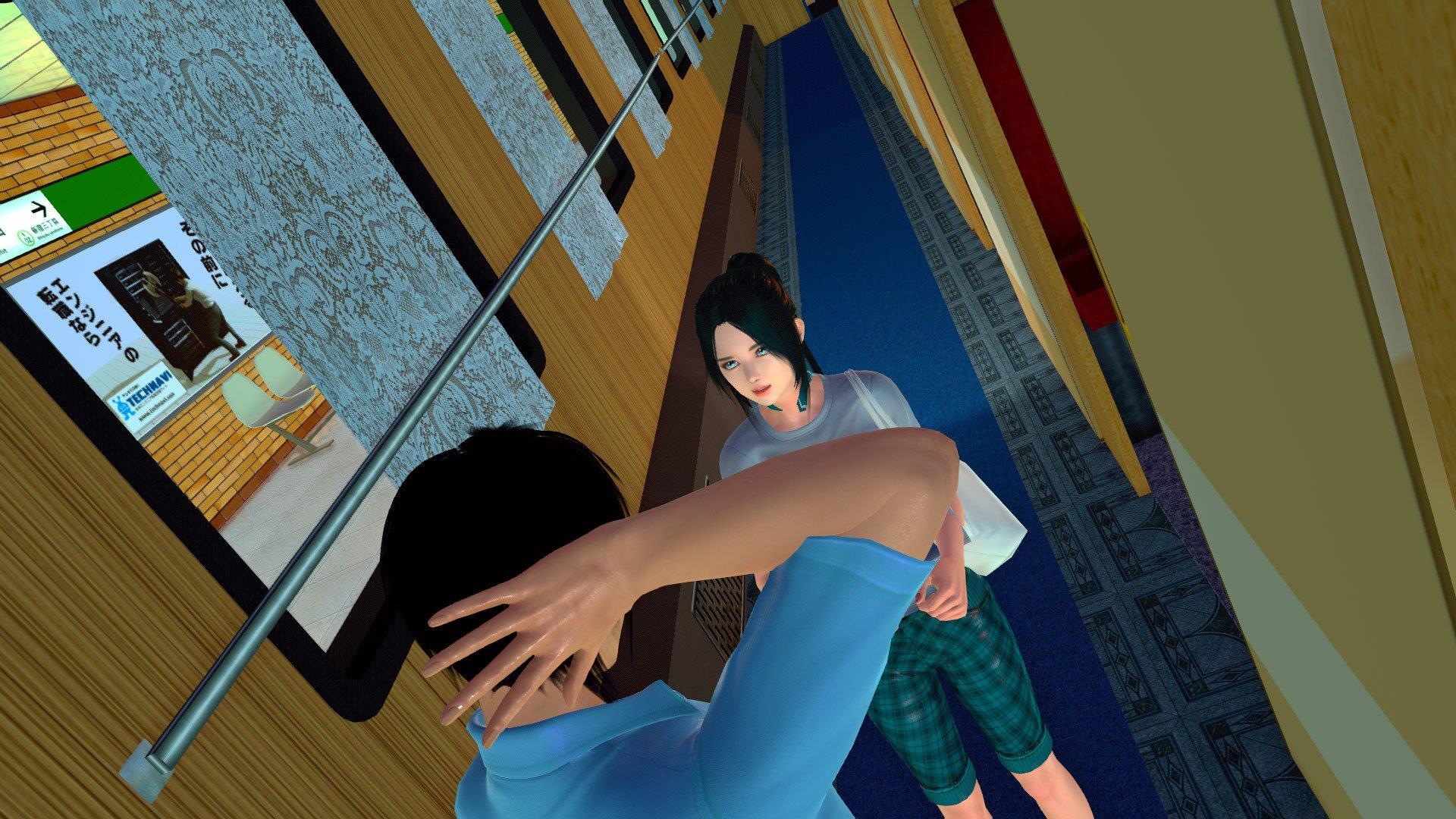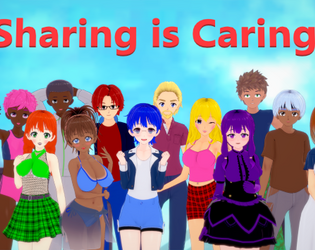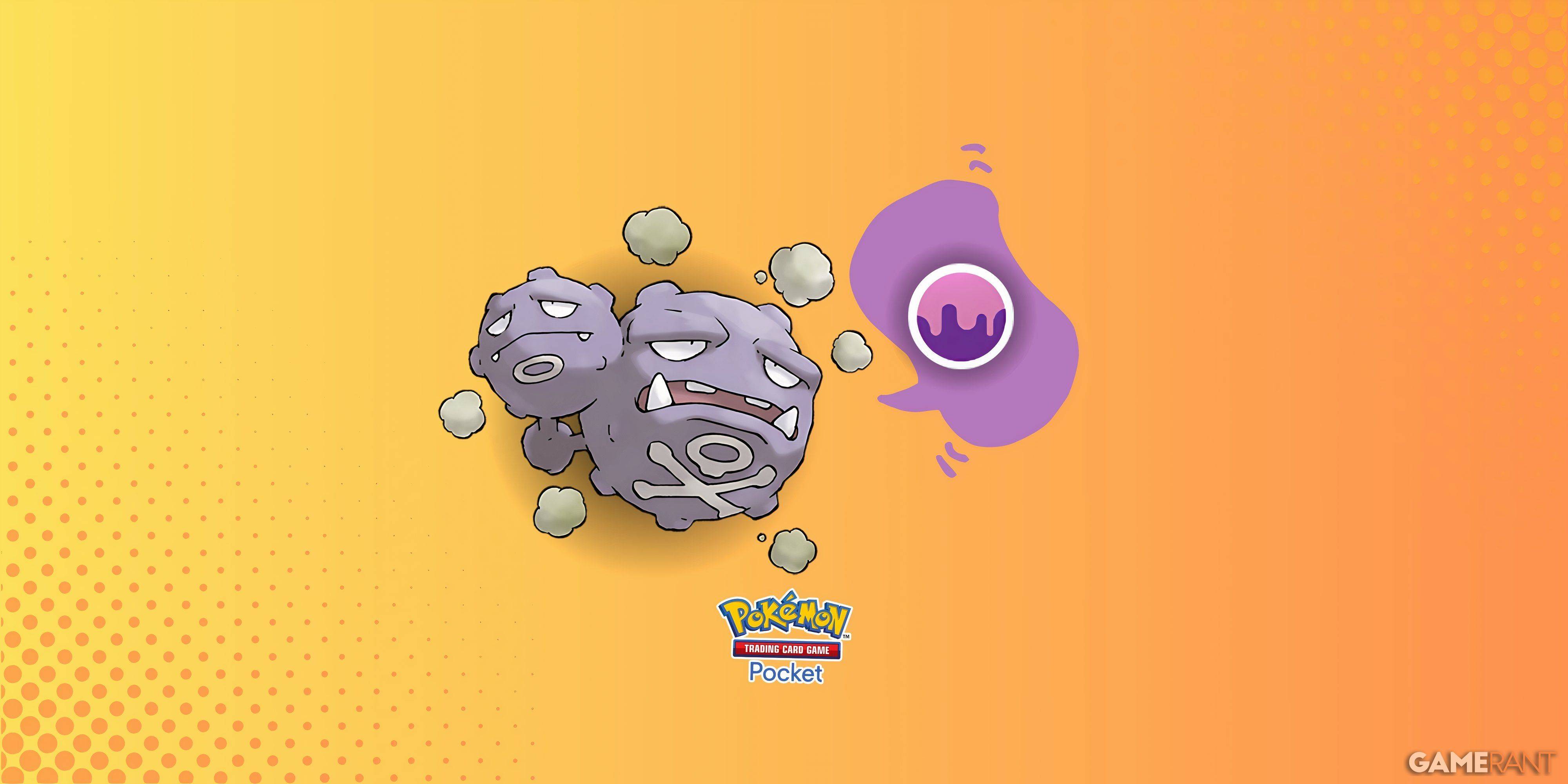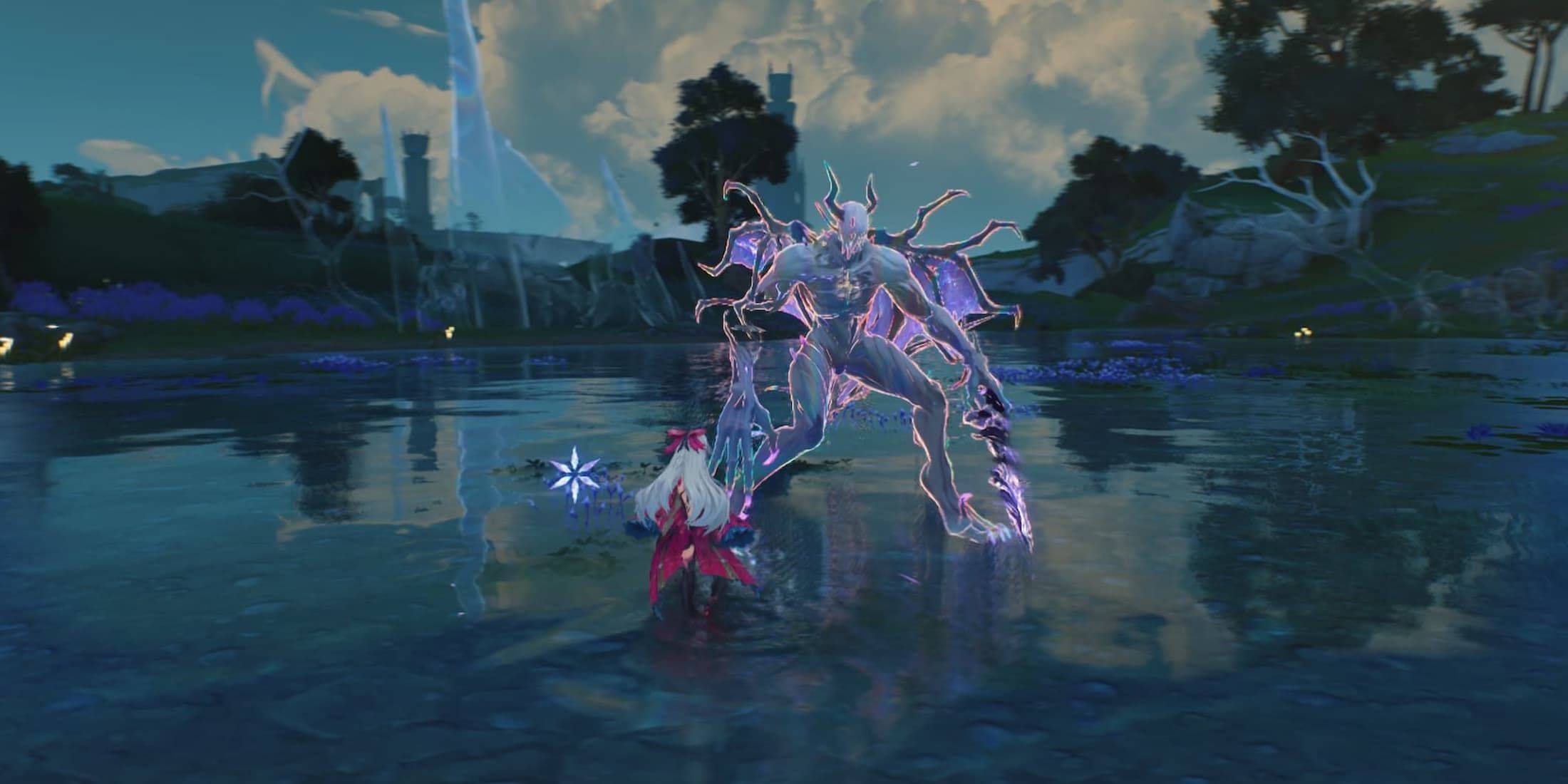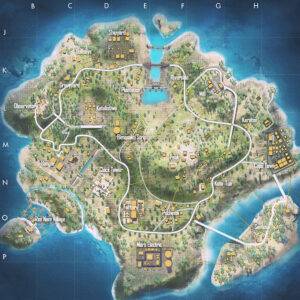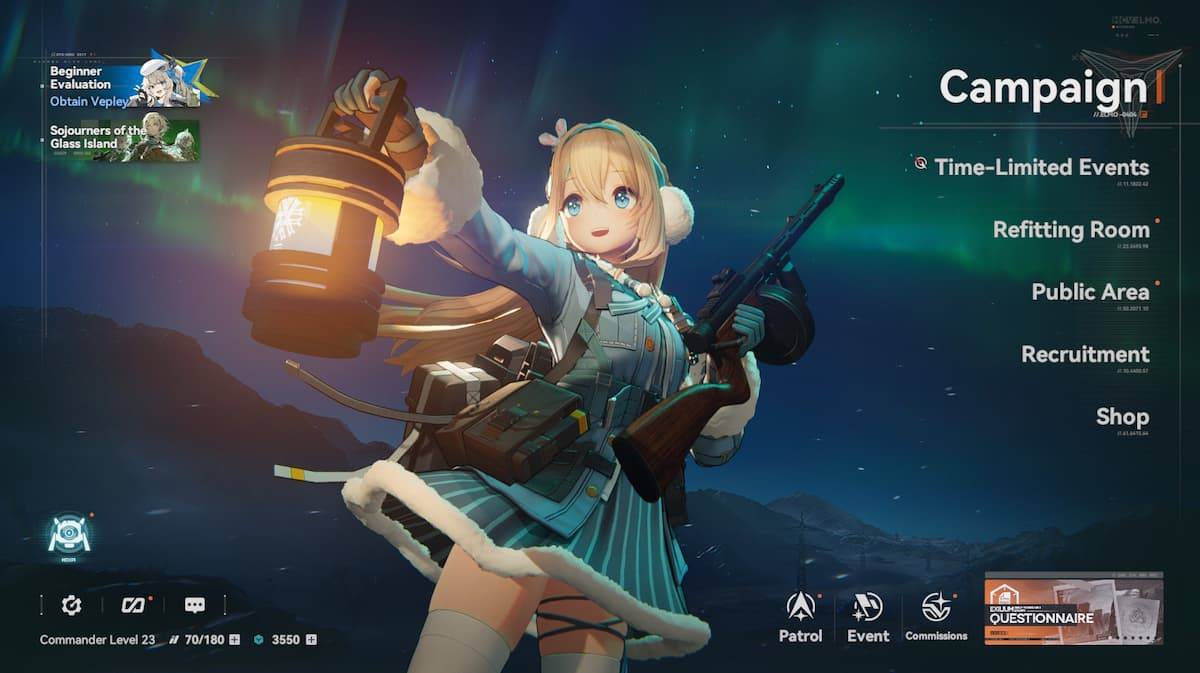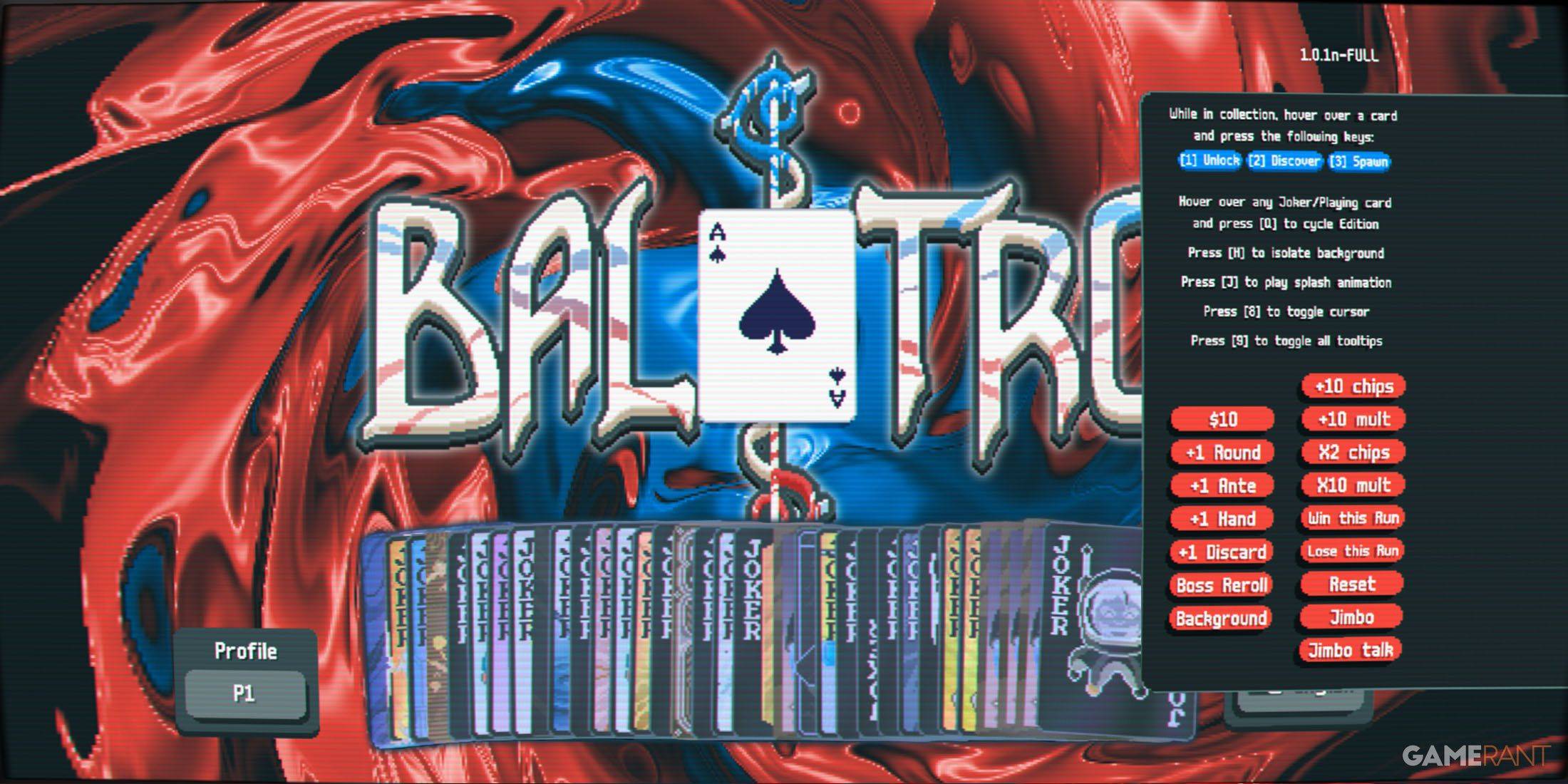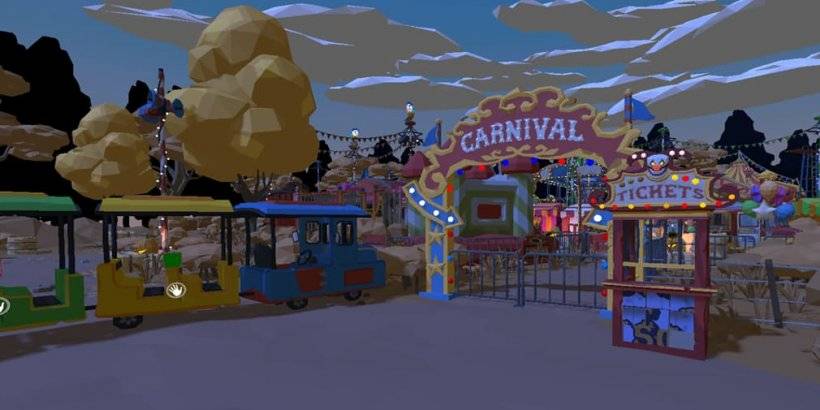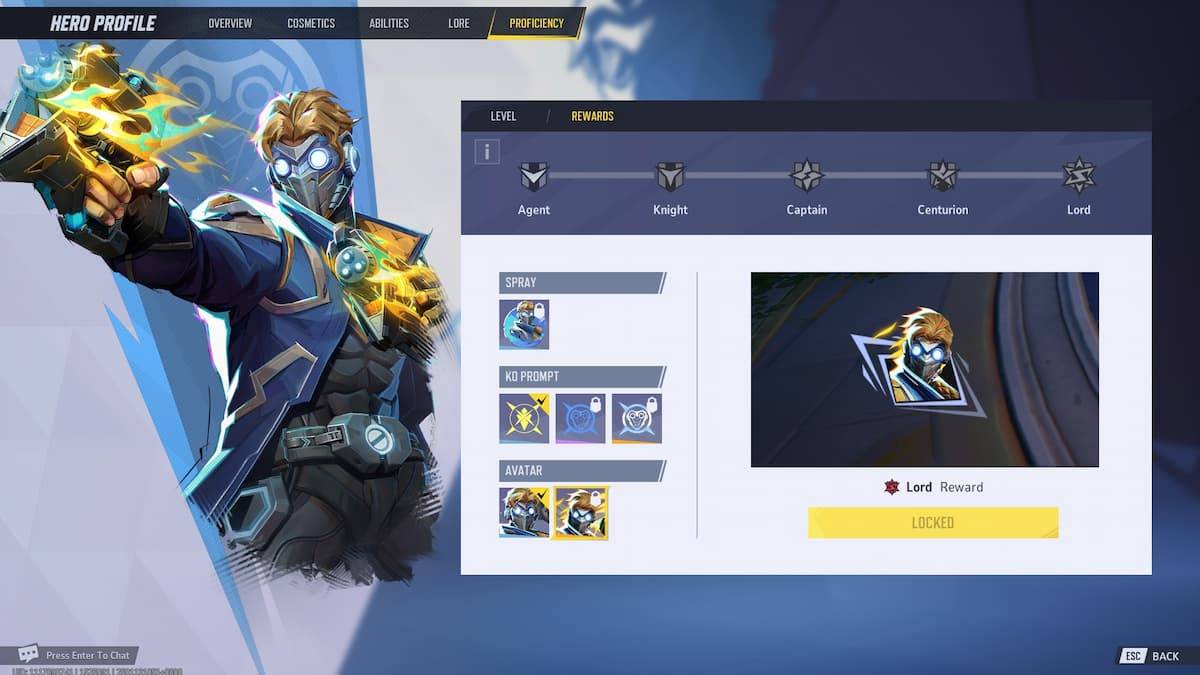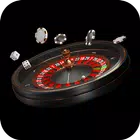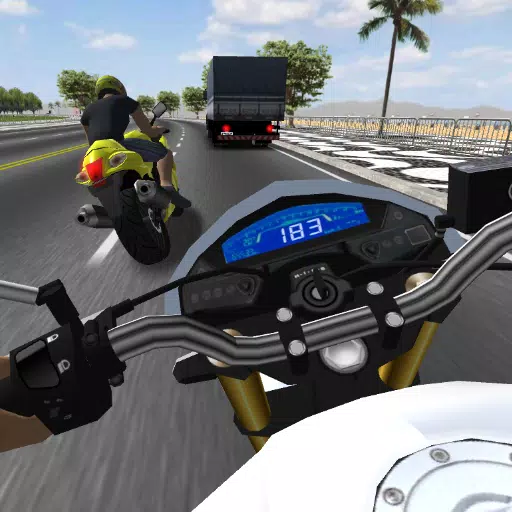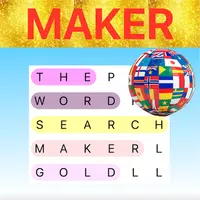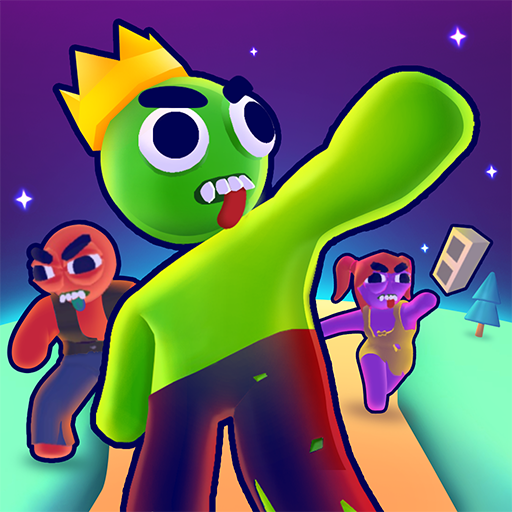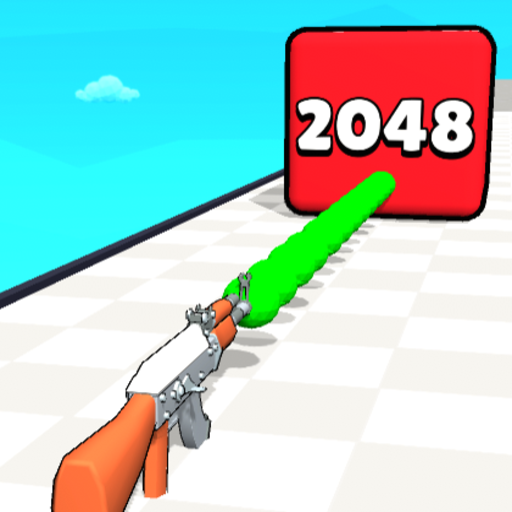Nintendo Lawyer Lifts the Lid on Approach to Piracy and Emulation
Nintendo's aggressive stance against emulation is well-documented. Recent examples include the $2.4 million settlement with Yuzu developers in March 2024, the cessation of Ryujinx development in October 2024 following Nintendo's intervention, and the legal advice preventing a full Steam release of the Gamecube/Wii emulator Dolphin in 2023 due to Nintendo's pressure. The infamous 2023 case against Gary Bowser, a reseller of piracy tools, resulted in a $14.5 million debt to Nintendo.
A patent lawyer representing Nintendo recently shed light on the company's anti-piracy strategy at Tokyo eSports Festa 2025. Koji Nishiura, Assistant Manager of Nintendo's Intellectual Property Division, clarified that while emulators aren't inherently illegal, their use can become illegal depending on their functionality. Specifically, emulators that copy game programs or bypass console security measures may infringe on copyright laws.
Nishiura cited Japan's Unfair Competition Prevention Act (UCPA) as a key legal tool, although its limited jurisdiction within Japan hinders international legal action. He used the example of the Nintendo DS "R4" card, which allowed pirated game execution, highlighting Nintendo's successful 2009 legal victory that effectively outlawed its sale in Japan.
Furthermore, Nishiura emphasized that tools facilitating pirated software downloads within emulators, such as the 3DS "Freeshop" or the Switch "Tinfoil" app, also constitute copyright infringement under Japanese law.
Nintendo's lawsuit against Yuzu highlighted the scale of piracy facilitated by emulators, claiming one million pirated copies of The Legend of Zelda: Tears of the Kingdom and citing Yuzu's Patreon income of $30,000 per month from features enabling access to unreleased games.




![Taffy Tales [v1.07.3a]](https://imgs.anofc.com/uploads/32/1719554710667e529623764.jpg)



